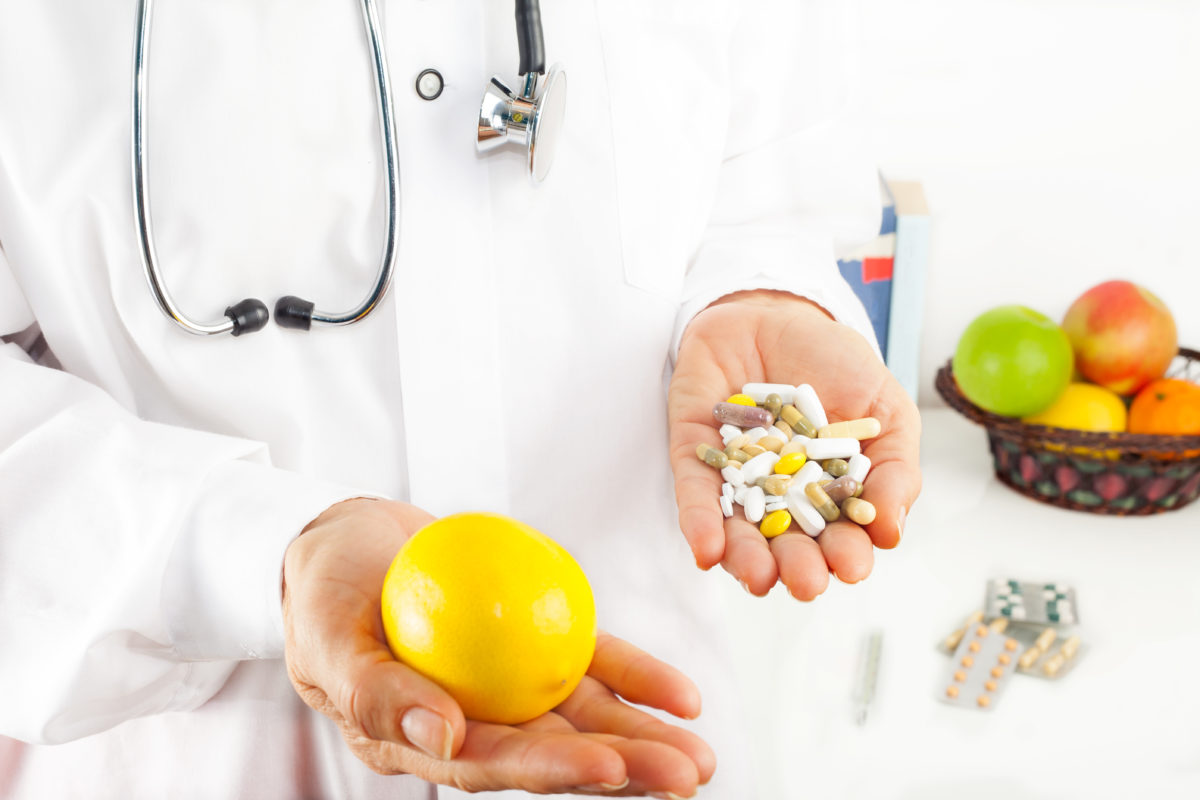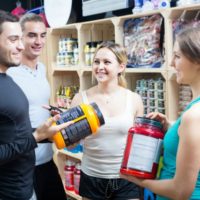Pharmaceutical grade supplements that are recommended by naturopathic doctors and other health practitioners have a number of things in common.
They are:
- Manufactured in an FDA-inspected facility
- GMP certified by the FDA
- Certified to be free from wheat, gluten, eggs, peanuts, glazes and coatings, GMOs, hydrogenated oils, and other more common allergens.
- Tested after they’ve been manufactured, to ensure that no contaminants are found such as microbiological contaminants, residual solvents, heavy metals, melamine, PCBs, GMOs and pesticide residues
- Checked to verify for identity and potency
Trust and having a personal relationship with someone at the company is also important to some health practitioners. Registered Naturopathic Doctor Jody Shevins says, “I look for quality, value and truth in the product when buying from nutritional supplement companies. I buy from companies that I feel confident what they claim is in the product is actually in it. I also look for personal contact, knowing I can trust the people I’m buying from.”
Going the extra mile
Some nutritional supplement companies even have their own in-house team of qualified health professionals to develop their products in accordance with scientific data. Other companies devote an enormous amount of time to the development of compounds for specific health concerns. The sale of these products is restricted to licensed health professionals who can make specific recommendations.
The highest quality nutritional supplements are also free of antibiotics or growth hormones, synthetics and GMOs. If they contain whole food extracts, the foods (such as fruits, herbs and vegetables) are grown in soil free of synthetic pesticide and fertilizer.
What else can you do to increase your chance of having your product recommended by health practitioners?
- Include whole foods extracts and compounds
- Manufacture organic supplements—Certified Organic supplements are those that use USDA Certified Organic source ingredients. The USDA’s organic certification is the only official set of criteria for organic products. To be labeled organic, 95% of the supplement must meet the following standards:
- To be fully organic, a food or supplement must say both “USDA Certified” and “100% Organic.”
- Tell a unique story
- Use data to support your message
- Packaging–add more to your label and make sure the message is clear and strong
Contact me to discuss how I can help create a compelling story and label to distinguish your product from the hundreds of products that are sold on the shelf and online.
Barbra Cohn
303-447-8300, healthwriter1@gmail.com





